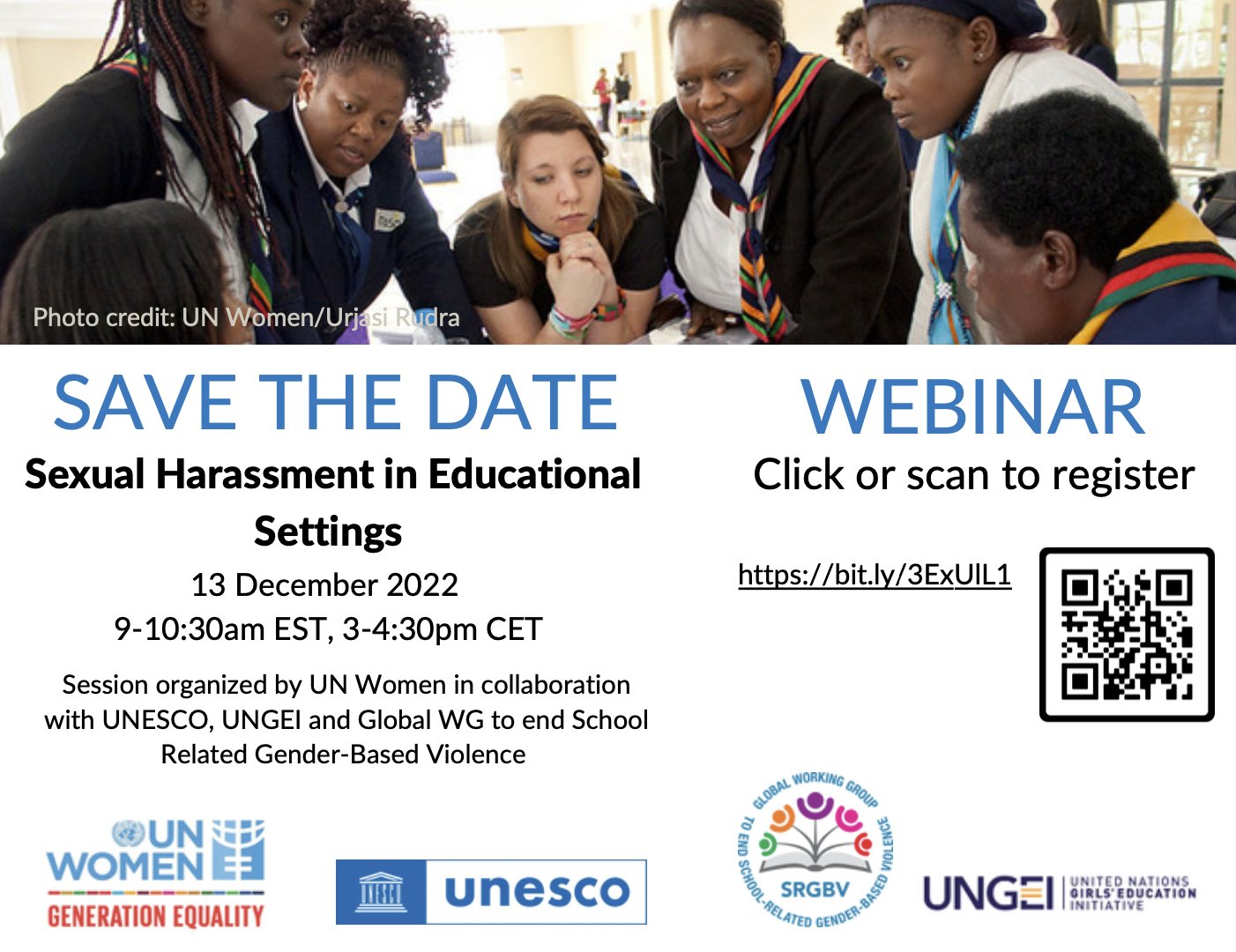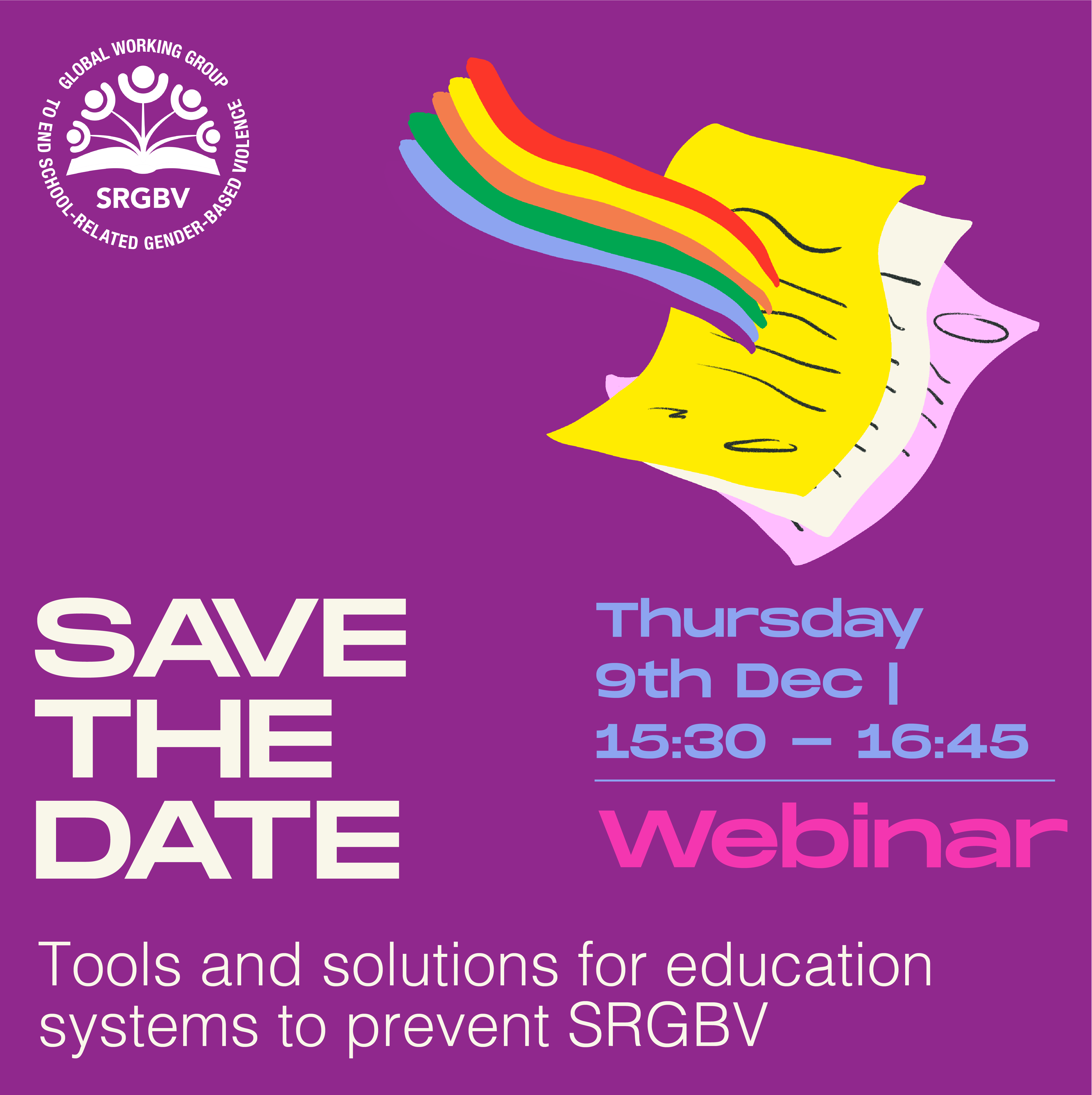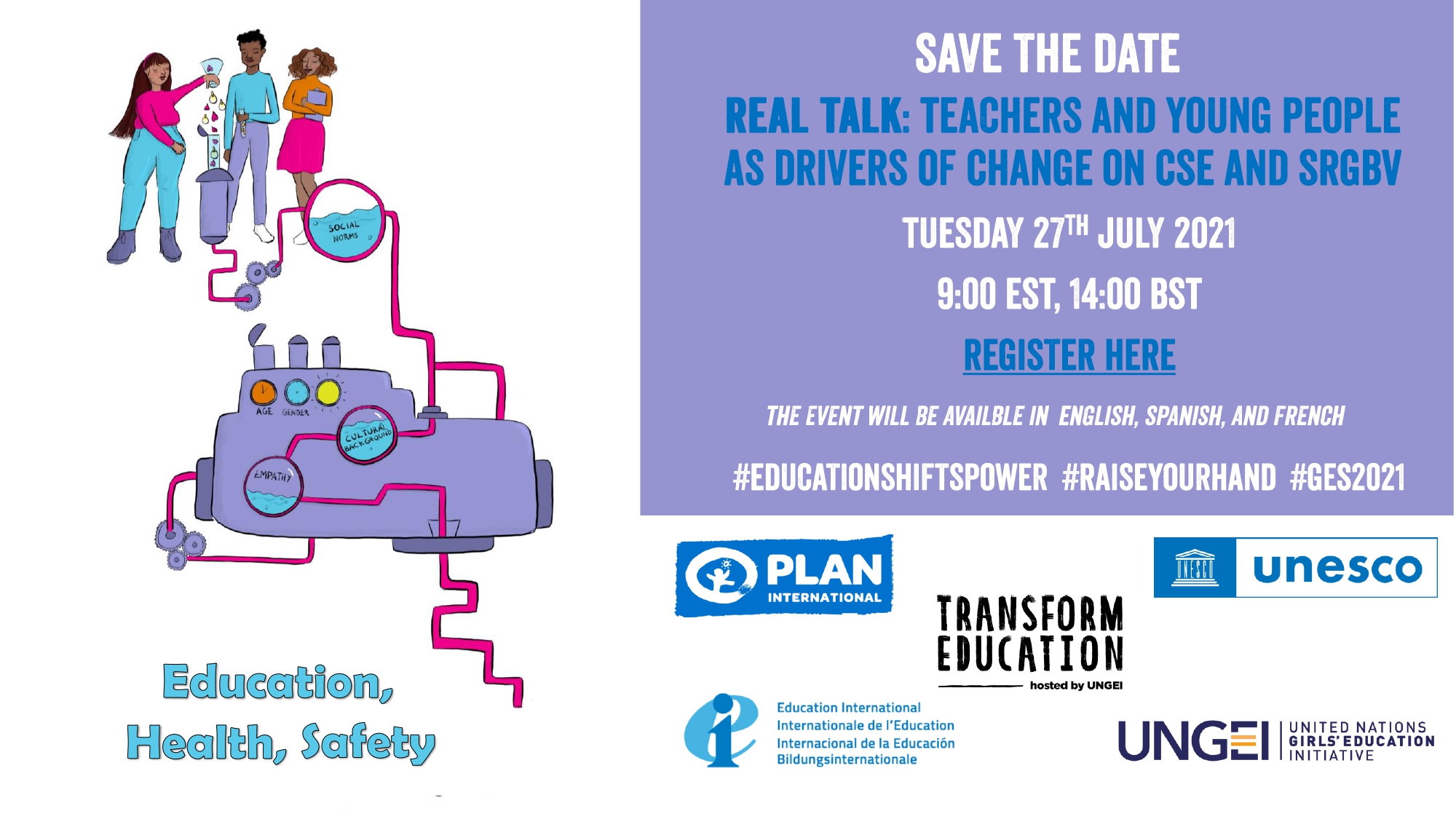Sima*, a 12-year-old girl from Guwahati, Assam, India, was stabbed by her jilted lover in broad daylight right outside the school gates. The school authorities did not take responsibility after the incident happened. Her mother was screaming for help and bystanders just stood there clicking selfies. She was admitted in the outdoor unit of a public hospital which was in a dilapidated condition. She survived 108 stitches on her body.
While some regional media outlets covered the story in the evening news, it never reached a prime time show in mainstream Indian media. There were no protests or rallies to seek justice for Sima. There was no case registered against the perpetrator. While the family struggled to make ends meet and pay for rehabilitation care expenses, the only support the state machinery provided was to cover immediate medical expenses. The school authorities made it hard for Sima to re-join her classes. There was no support system for her or her family to cope with the PTSD that followed the incident.
Rahima*, a 15-year-old girl, used to be bullied by her fellow classmates for her religion and the fact that she lived in a railway slum in Assam. It affected her so greatly that she refused to go to school and one fine day eloped with an older man who promised to make her life better.
The school authorities did not do anything to help Rahima or her family. Her family went to register a complaint at the nearest police station, but the police refused to register the complaint, saying that she must have run away willingly and the family could have more babies and should not therefore be bothered about Rahima any more. After much pressure from a local NGO, the police finally registered a complaint.
Both these incidents are real life stories that I have personally dealt with. North east India is tucked in extreme east of India and only connected to the mainland through a narrow strip of land known as ‘Chicken’s neck’. North east India has mostly been underrepresented in the imagination of India’s social development. Poverty, unemployment, maternal mortality, infant mortality and other social indices are quite high in this region that is the last land frontier for India.
Life in the margins has always been difficult for most of us growing up in rigid heteropatriarchal societies in South Asia. Less attention is paid to child rights from an individualist perspective. A child born in a family grows up in a communitarian environment, which can be beneficial in many ways, but it has its own pitfalls too. This is exacerbated when communities are in frontier lands and often comes at a crossroads with class, caste and religion. What it boils down to is bodies that matter, lives that are worth mourning and cases that are shown on primetime channels, cases that get the attention of civil society, policy makers and authorities.
School-related gender-based violence (SRGBV) is almost an inescapable daily reality of our lives. On a personal front, I have faced bullying, body shaming and sexual abuse growing up. What binds most of us living in such a violent environment is the fact that our stories are often erased — erased by media narratives that focus on frontier issues when it’s only about communal conflict or insurgency, erased by authorities that are supposed to be the crusaders of justice but rather contribute massively to the exploitation and discrimination, erased by policy makers and authorities whose approach to social issues is tokenistic.
There would be many more Simas and Rahimas living in the margins of a marginalised region, but who tells their stories? SRGBV is a heavily under-reported issue due to the stigma and taboo associated with it in our societies. Most times, girls do not share about their issues due to fear that they might be further victimised and will have to leave their studies. To add to this, the issue of one’s religious and caste identity is a major factor in the path to justice. Despite having laws in place, most times, survivors and family of survivors find it extremely difficult to navigate complex processes and finally lose hope.
As a feminist activist from a frontier land, sometimes I feel helpless when I hear incidents like this. But what gives me hope is that there are individuals and organisations who, in the face of immense challenges, are fighting it out to make our schools safer, to ensure stories reach out to people and authorities that are accountable for justice.
At a recent gathering of a South Asia collective in the UK, I was asked a question by one of the participants on how to raise awareness about social issues that affect women, girls, trans, non-binary queer people from indigenous or marginalised communities. I would reiterate my response to my readers here that, you have immense power and privilege to bring forth the erased, unheard stories of SRGBV from the frontier lands. Please connect with communities, organisations or individuals who are working with these communities and on these issues. Create spaces for them to share their voices and make themselves heard at all levels of advocacy. Let’s build hope, this year, for every individual who is fighting it out all alone.
* Names changed for protection of identity


